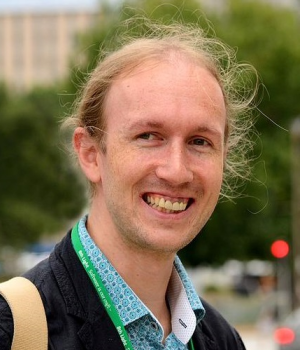Our tools shape how we think and what we can do. A new way of thinking about programming can make complex problems disappear, while a different programming paradigm or a novel implementation can enable new capabilities that were previously hard to imagine.
Our group works on understanding, designing and implementing programming languages and systems that make programming simpler, more efficient, more accessible and trustworthy.
We are interested in programming systems ranging from conventional programming languages to tools used by data scientists and end-user programming systems. We leverage a variety of methods, including programming langauge theory, empirical studies of programming tools, but also human-computer interaction and interdisciplinary approaches.
We are looking for PhD students and post-docs to join our group!
If you are interested in joining us in Prague, check out our PhD applications page or send an informal inquiry to Tomas Petricek (petricek@d3s.mff.cuni.cz) or Jan Vitek (vitekj@me.com). If you are a Matfyz student interested in PhD or a research project, drop us an email or stop by after a lecture!

Curious about what we are currently working on? Check out our ongoing research projects on GitHub!

We co-organize the Prague Programming Languages and Systems Research Network. Check it out and sign up to get updates about events!











